ADVERTISEMENT
Photos
BILL CLINTON Apology For Forcing Haiti To Drop Tariffs On Imported Rice
Former US President who was one of the architects to provide subsidies to US farmers and presently the Co-chairperson of Haiti's earthquake recovery Commission has now realized that such policy was a 'mistake'--it has not worked in Haiti. There is no doubt that reduced food price was unquestionably a necessity because it allowed people to eat, but at the same time price reductions have also negatively affected rural Haitians. During the 1980's Haiti was self sufficient in rice, but today it imports 60% of its overall food supply and 80% of its rice from US because it is cheaper to import than produce. The farmers during the harvest season are sitting idle in the fertile valleys; dumped foreign rice in the Haitian market has eclipsed Haitian production, farmers are jobless. Huge subsidies received by US farmers have unfairly deflated international prices. As a result poorer nations are finding it difficult to get self-sufficient and develop their economies by expanding markets abroad.
U.S. Secretary of State John Kerry said Haiti a priority to the US
Secretary of State Kerry Reaffirms U.S. Commitment to Haiti
U.S. Secretary of State, John Kerry, spoke on Haiti's 210th anniversary, saying the U.S. wants ". . . to help all Haitians . . . chart a path toward greater peace, security, and prosperity." .
Kerry spoke about legislation in Congress for recovery efforts, after the 2010 earthquake shattered Haiti.
Kerry is re-committing to Haiti's development ". . . in a way that creates an opportunity to emerge better off and better prepared", with help from the U.S.
Eustache Antoine Francois Joseph Louis Borno, Haitian President
Here is Eustache Antoine Francois Joseph Louis Borno, Haitian politician who was President of Haiti from 1922 to 1930.
He served during the period United States occupied Haiti.
After a Haitian mob killed President Vilbrun Guillaume Sam in 1915, in the legation of France, where he had taken refug, U.S. troops landed in Haiti. They organized the election where , Philippe Sudré Dartiguenave, became president. Borno was appointed Minister of Foreign Affairs under President Joseph Davilmar Théodore. One major event that Louis Borno was involved in was his refusal to cede financial control of the country to the United States. The United States responded by confiscating the reserves of the National Bank of Haiti.
Pierre Esperence - RNDDH
Pierre Esperence began his tenure as a Secretary General of the International Federation for Human Rights after a ceremony held in Turkey. It was the first time that honor had been bestowed on a Haitian, and it no doubt came on the heels of Esperence's work as the RNDDH's (National Network for the Defense of Human Rights) head. The members of the international federation span over 100 countries and in his post, Esperence is set to vote in matters that will affect millions worldwide.
Marie-Claire Heureuse Félicité Bonheur, spouse of Jean-Jacques Dessalines
Here is Marie-Claire Heureuse Félicité Bonheur, the spouse of Jean-Jacques Dessalines. The got married in 1800 and together they had seven children
This famous Haitian woman was born in the city of leogane and her family never knew slavery. Her Father was Guillaume Bonheur and mother, Marie-Élisabeth Sainte-Lobelot.
One great act she is known for was during the siege of the city of Jacmel in 1800. She took care of the wounded and starving soldiers and somehow managed to convince her husband Jean-Jacques Dessalines to allow those wounded in the city to get out in order to receive proper medical care. later on she went into the city with food and medicine.
Port-au-Prince police chief, Col. Joseph Michel Francois
Col. Joseph Michel Francois was Chief of National Police of Haiti from 1991 to 1994 at a time when Haitian police was technically part of the army. He participated in the 1991 Haitian coup d'état that ousted President Jean-Bertrand Aristide.
Investigation reveals that Joseph Michel Francois built a vast network of independent intelligence service, with the responsibilities to intimidate and sometimes eliminate rivals and opponents.
He also collaborated in shipping tons of cocaine to the United States in the 1980's from his private airstrip in Haiti.
Frank Romain Was A Member Of Francois Duvalier And Jean-Claude Duvalier Government
The period of the Duvalier in Haiti is filled with history. Here is the picture of Frank Romain. During this historical period, Romain was a very important figure.
Frank Romain was a Colonel in the Haitian Military under Duvalier. He was mayor of Port-au-Prince, Chief of the National Police under Duvalier. He was associated with the Tonton Macoute force that terrorized the Haitian population during the Duvalier reign. He was a suspect to be involved in the massacre at the Church John Bosco, September 11, 1988, which left 12 people dead and 11 wounded
He managed to leave the country under the government of General Avril in December 1988
Leon Charles, named Haiti Police Chief
April, 2004 - Leon Charles, named Haiti Police Chief following the removal of President Jean Bertrand Aristide.
According to information obtained, Leon Charles is a former officer of Haiti Military, FADH, in the Marine division. He became the new Police Chief of Haiti and later was replaced by Mario Andresol. While some people were not satisfied with his job performance, many others think that Leon Charles served his country well
Haitian Police Chief Mario Andresol As His Force Is Accused For Police Brutality
Here is a picture of Haitian police chief Mario Andresol as new allegation of police brutality just surface on a video.
The Haitian civilian police force was created in 1994 by former President Jean-Bertrand Aristide when he returned to power, in order to end brutality by the military.
This new video showing the current Haitian Police force involved in police Brutality does not help.

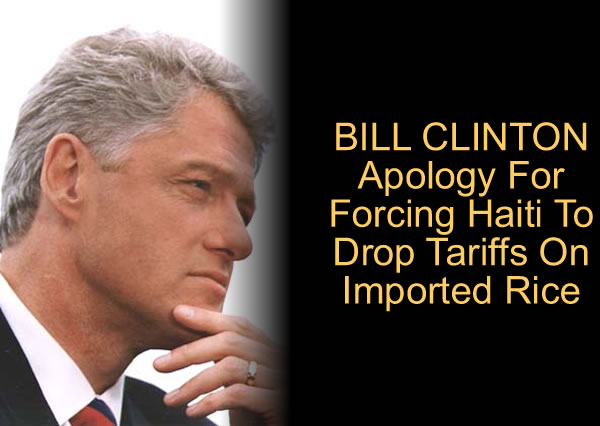
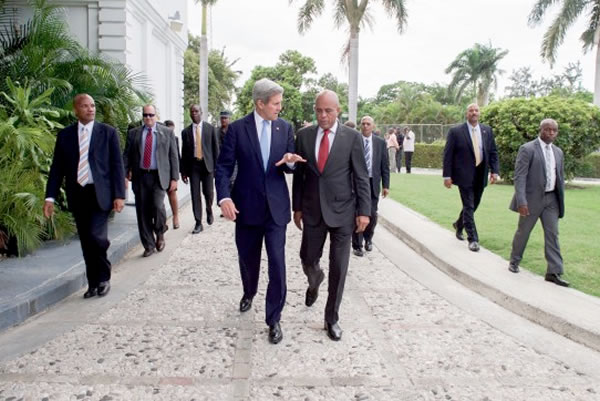
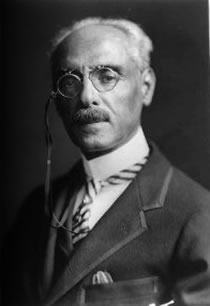
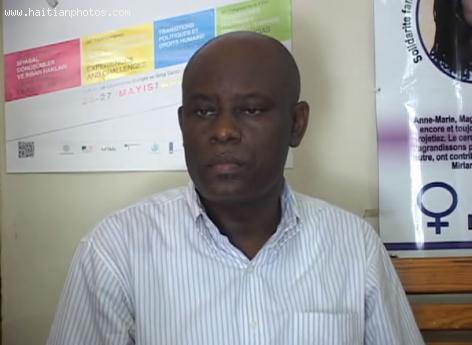
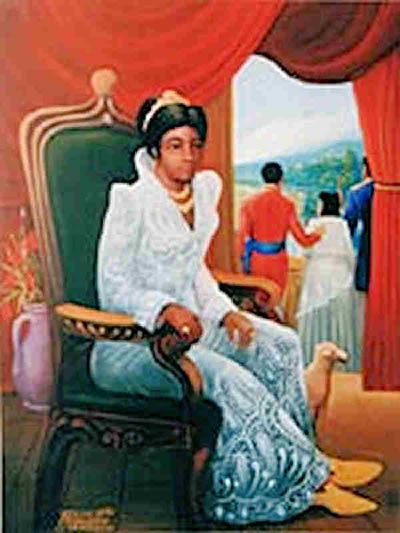
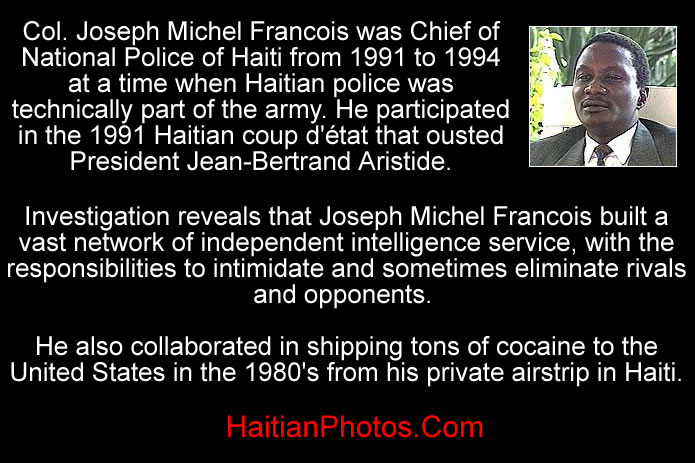
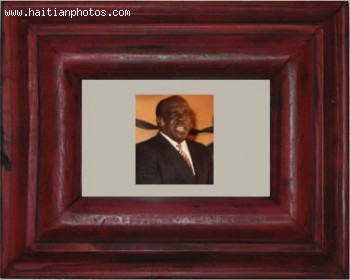
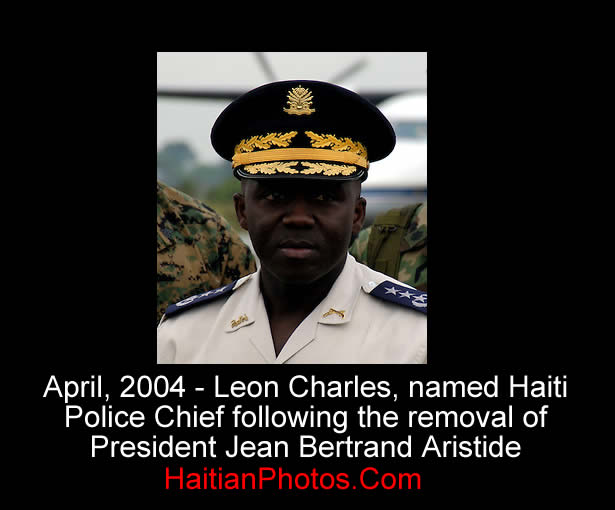
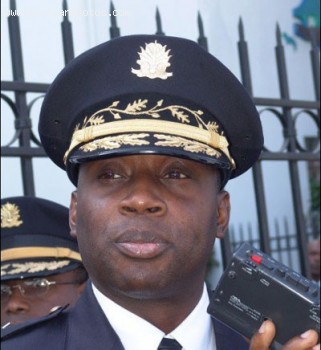
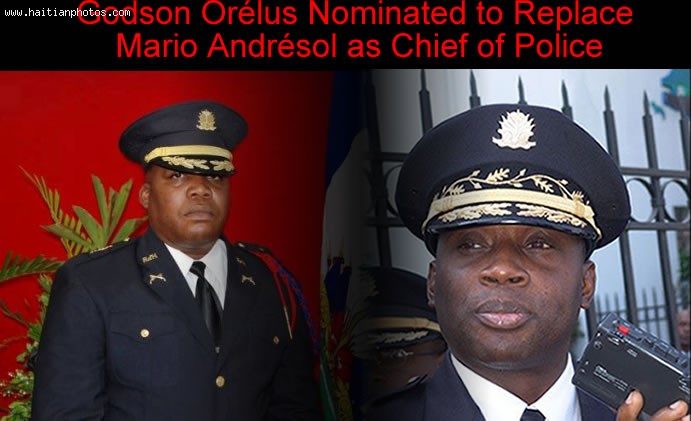
 All inclusive Royal Decameron Indigo
All inclusive Royal Decameron Indigo  Ernst 'ZeNono' Jean-Baptiste wants to replace Sepp Blatter as...
Ernst 'ZeNono' Jean-Baptiste wants to replace Sepp Blatter as... 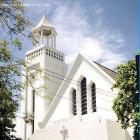 Nouveau College Bird in Port-au-Prince, Haiti
Nouveau College Bird in Port-au-Prince, Haiti  Haitiano-Japanese Naomi Osaka wins the US Open against Serena...
Haitiano-Japanese Naomi Osaka wins the US Open against Serena... 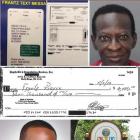 Commissioner Frantz Pierre indicted for accepting bribes
Commissioner Frantz Pierre indicted for accepting bribes 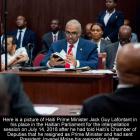 Jack Guy Lafontant resigns as Haiti Prime Minister
Jack Guy Lafontant resigns as Haiti Prime Minister 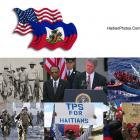 Haitians, the second largest black immigrant group in the US
Haitians, the second largest black immigrant group in the US 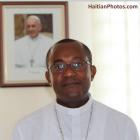 Pope Francis appointed Mgr. Launay Saturne Archbishop of...
Pope Francis appointed Mgr. Launay Saturne Archbishop of... 



